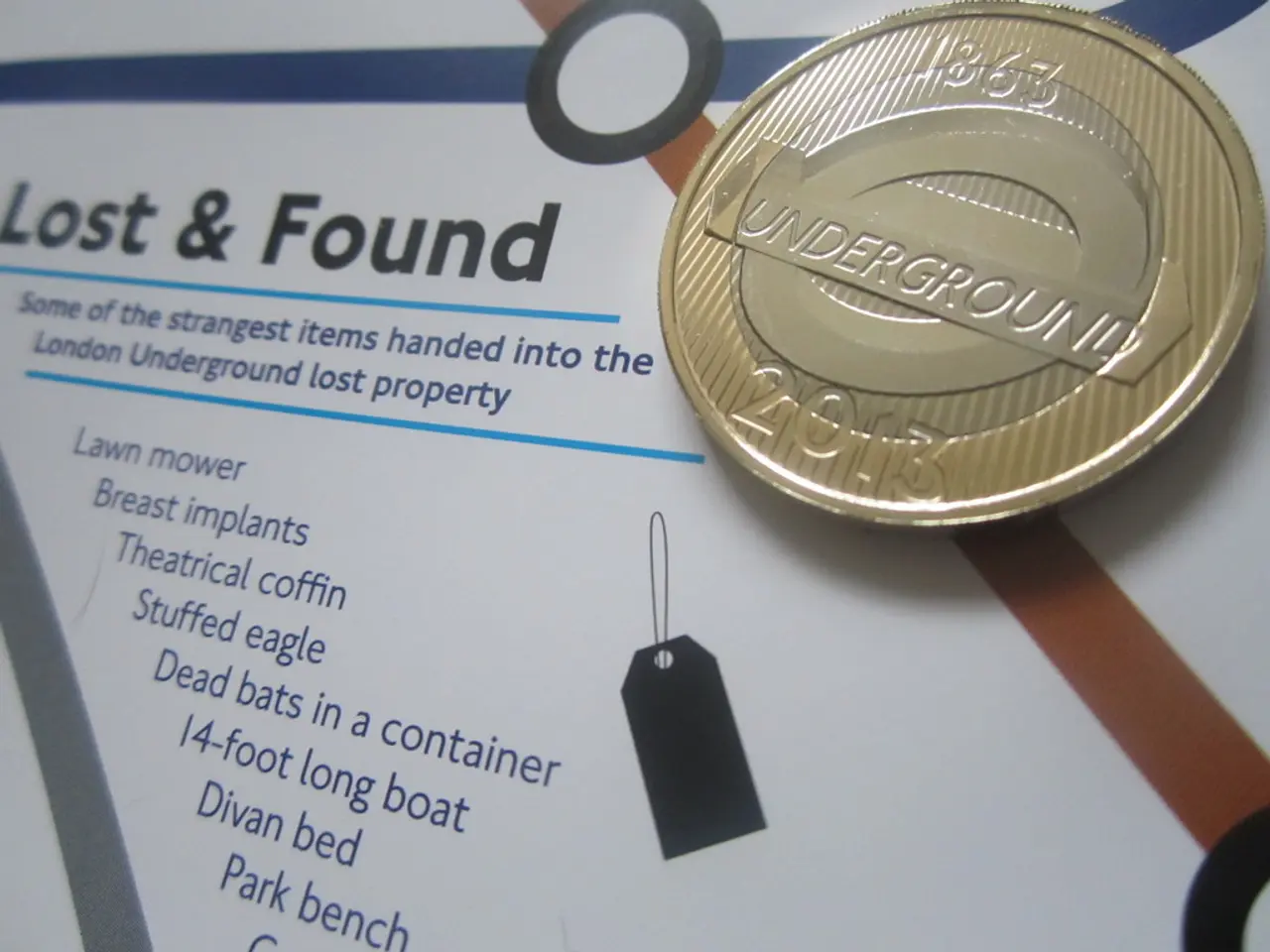Kakao Plans to Launch a Stablecoin in Korean Won Using Kaia Platform; Lawmakers Considering New Regulations for Cryptocurrency
South Korea Prepares for Launch of Kakao's Korean Won Stablecoin Amid Evolving Regulations
South Korean internet conglomerate Kakao is moving forward with plans to launch a Korean won-backed stablecoin through its involvement in the Kaia blockchain. The launch comes as South Korean regulations surrounding stablecoins are still in flux but are moving towards a structured framework similar to those in the EU and Singapore.
Regulatory Context and Banking Role
South Korean regulators, particularly the Financial Services Commission (FSC), are favouring bank-led issuance of won-backed stablecoins as an initial step. This approach reflects a desire to tightly regulate stablecoins and integrate them safely with traditional finance systems. Major Korean banks such as KB Kookmin and Shinhan are actively collaborating with global stablecoin firms like Circle to develop stablecoins pegged to the Korean won, indicating a strong banking sector role in issuance and liquidity provision.
Licensing and Equity Requirements
While explicit numeric equity capital requirements or detailed licensing criteria specific to Kaia have not been publicly disclosed, the emphasis on bank issuance implies that licensing will be closely tied to the banking regulatory framework, which is strict and requires high compliance standards. The government aims for phased corporate participation, suggesting that licensing conditions may initially exclude or limit non-bank operators like Kaia from direct issuance until regulatory frameworks mature.
Reserve Requirements and Treatment of Reserves
Proposed regulations, guided by international frameworks, are expected to require full backing of stablecoins with reserves in Korean won or equivalent liquid assets. This move aims to ensure stability and protect holders, aligning with initiatives to solidify trust and prevent risks seen in less regulated stablecoins. Details on whether reserves must be held as cash with banks or can include short-term government securities have not been specified, but the push for robust compliance suggests conservative reserve treatment.
Interest Treatment on Stablecoin Reserves or Holdings
There are no explicit details about the interest treatment on reserves backing the stablecoin or whether holders would earn interest on stablecoin balances. Given the conservative approach, it is likely reserves themselves would be placed in low-risk, interest-bearing assets by the issuer to maintain solvency, but no direct interest payouts to users have been reported.
Future Regulatory Proposals and Framework Development
South Korea plans to submit a comprehensive stablecoin regulation bill by October 2025, aiming to design a regulatory environment that balances innovation with risk mitigation. The regulatory framework will likely model from EU and Singapore standards, emphasizing licensing, reserve backing, transparency, and integration with bank-based financial infrastructure to facilitate cross-border stablecoin adoption. The government is also targeting legal amendments for broader digital asset regulations, including spot ETFs and security tokens, with stablecoin regulation part of that broader agenda.
The Path Forward
Kaia's Korean won stablecoin launch is progressing amid expectations of restricted initial licensing for banks, full backing with liquid Korean won or equivalent assets, high equity requirements tied to banking standards, conservative treatment of reserves, and a comprehensive regulation bill planned for October 2025. This framework design seeks to cautiously integrate stablecoins into South Korea’s financial system while supporting the digital economy and ensuring monetary stability.
The Bank of Korea is studying deposit tokens on public chains and has suggested starting with bank-issued stablecoins initially. The true value of stablecoins lies in reducing friction, particularly in cross-border payments, which must be carefully considered in South Korea, a country that still runs a foreign-exchange control regime under the Foreign Exchange Transactions Act. Kakao and Kakao Pay, both part of Kaia's governance council, will help embed digital Korean won across apps used by tens of millions in South Korea.
[1] https://www.coindesk.com/business/2022/04/15/south-korea-to-submit-comprehensive-stablecoin-regulation-bill-by-october-2025/ [2] https://www.coindesk.com/policy/2022/03/30/south-korea-moves-toward-structured-stablecoin-framework-like-those-in-eu-singapore/ [3] https://www.coindesk.com/business/2022/03/21/south-korea-is-preparing-to-launch-a-korean-won-stablecoin/ [4] https://www.coindesk.com/business/2022/03/08/kakao-is-preparing-a-korean-won-stablecoin-through-its-involvement-in-the-kaia-blockchain/ [5] https://www.coindesk.com/policy/2022/03/01/south-korea-to-require-companies-in-the-sector-to-register-and-file-monthly-reports-to-its-central-bank-by-the-second-half-of-2025/
Read also:
- Rapid Charging Stations for Electric Vehicles Avoiding Grid Overload
- Social media spat between Elon Musk and Sam Altman features their confrontation; discord revolving around business rivalry in relation to Apple
- Brand-new Tesla Cybertruck fails after 70 miles, owner comments: "Glad it malfunctioned, easier to tackle issues at the outset"
- Approval secured for MG's upcoming electric SUV, the MGS6 EV, to hit the Australian market.







